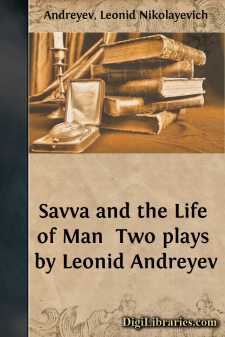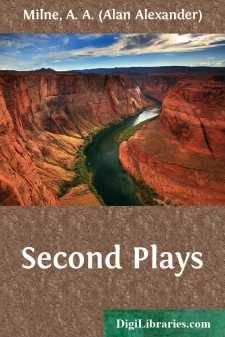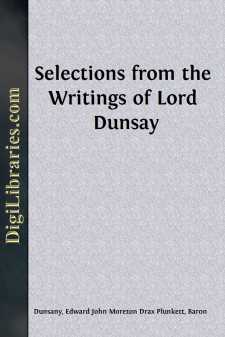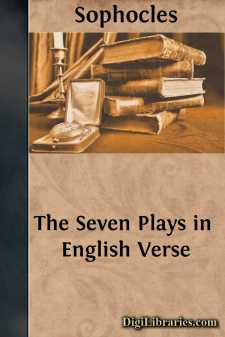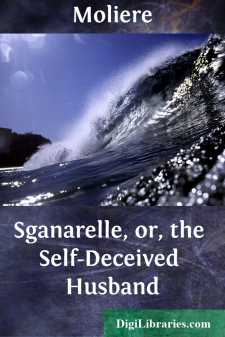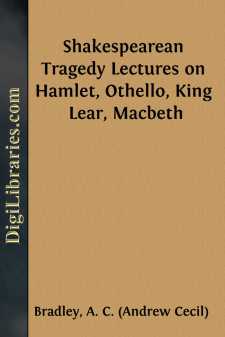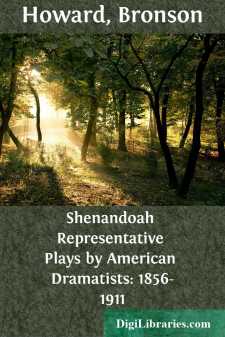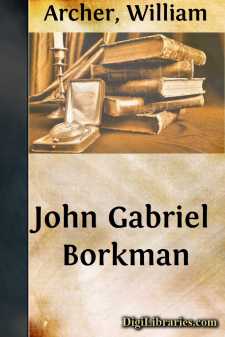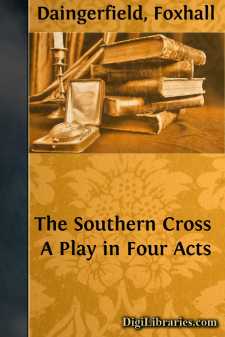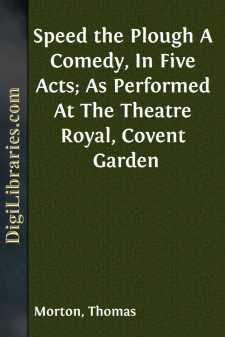Drama Books
Sort by:
INTRODUCTION For the last twenty years Leonid Andreyev and Maxim Gorky have by turns occupied the centre of the stage of Russian literature. Prophetic vision is no longer required for an estimate of their permanent contribution to the intellectual and literary development of Russia. It represents the highest ideal expression of a period in Russian history that was pregnant with stirring and...
more...
INTRODUCTION Encouraged by the reviewer who announced that the Introduction to my previous collection of plays was the best part of the book, I venture to introduce this collection in a similar manner. But I shall be careful not to overdo it this time, in the hope that I may win from my critic some such tribute as, "Mr. Milne has certainly improved as a dramatist, in that his plays are now slightly...
more...
INTRODUCTION I Lady Wilde once told me that when she was a young girl she was stopped in some Dublin street by a great crowd and turned into a shop to escape from it. She stayed there some time and the crowd still passed. She asked the shopman what it was, and he said, 'the funeral of Thomas Davis, a poet.' She had never heard of Davis; but because she thought a country that so honoured a...
more...
by:
Sophocles
PREFACE In 1869, having read the Antigone with a pupil who at the time had a passion for the stage, I was led to attempt a metrical version of the Antigone, and, by and by, of the Electra and Trachiniae. I had the satisfaction of seeing this last very beautifully produced by an amateur company in Scotland in 1877; when Mrs. Fleeming Jenkin may be said to have ‘created’ the part of Dêanira. Thus...
more...
by:
Moliere
This play seems to have induced several English playwrights to imitate it. First, we have Sir William D'Avenant's The Playhouse to be Let, of which the date of the first performance is uncertain. According to the Biographia Britannica, it was "a very singular entertainment, composed of five acts, each being a distinct performance. The first act is introductory, shows the distress of the...
more...
LECTURE I THE SUBSTANCE OF SHAKESPEAREAN TRAGEDY The question we are to consider in this lecture may be stated in a variety of ways. We may put it thus: What is the substance of a Shakespearean tragedy, taken in abstraction both from its form and from the differences in point of substance between one tragedy and another? Or thus: What is the nature of the tragic aspect of life as represented by...
more...
by:
Bronson Howard
BRONSON HOWARD (1842-1908) The present Editor has just read through some of the vivacious correspondence of Bronson Howard—a sheaf of letters sent by him to Brander Matthews during a long intercourse. The time thus spent brings sharply to mind the salient qualities of the man—his nobility of character, his soundness of mind, his graciousness of manner, and his thorough understanding of the dramatic...
more...
by:
William Archer
INTRODUCTION.* The anecdotic history of John Gabriel Borkman is even scantier than that of Little Eyolf. It is true that two mentions of it occur in Ibsen's letters, but they throw no light whatever upon its spiritual antecedents. Writing to George Brandes from Christiania, on April 24, 1896, Ibsen says: "In your last letter you make the suggestion that I should visit London. If I knew enough...
more...
ACT I. Outside the Stuart home, May, 1864. The large beautiful lawn of a typical Southern home. On the left and partly at the back stands the house, of colonial build, a wide porch running the entire length of the house, with three broad, low steps leading down to the garden. Many vines, mostly wisteria, in full bloom, cover the walls and some climb around the banisters. The porch has four white...
more...
by:
Thomas Morton
This comedy excites that sensation, which is the best security for the success of a drama—curiosity. After the two first acts are over, and pleasantly over, with the excellent drawn characters of Ashfield and his wife, and the very just satire which arises from Sir Abel's propensity to modern improvements—the acts that follow excite deep interest and ardent expectation; both of which are so...
more...


